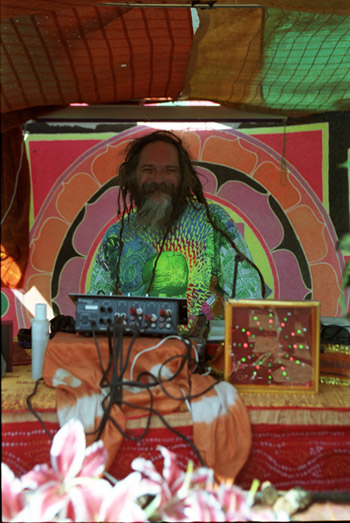
Post-Doctoral Fellowship in Interactive Media and Performance
Faculty of Fine Arts, University of Regina
The Faculty of Fine Arts, with Dr. Charity Marsh, (Canada Research Chair in Interactive Media and Performance) at the University of Regina, is now advertising for a Post-Doctoral Fellow. The fellowship is related to Dr. Marsh’s research in one or more of the following areas: 1) (Indigenous) Hip Hop Cultures; 2) DJ Cultures including EDM, Club-Culture, Rave Culture, Techno, Psy-Trance, on-line, community, and pirate radio; and 3) Isolation, Identity, and Space: Production and Performance of Popular Music in Western and Northern Canada.
In addition to working on the Canada Research Chair research projects, the Post-Doctoral Fellow will have the opportunity to develop their own research interests, participate in the broader activities of the Interactive Media and Performance Lab (IMP), the Interdisciplinary Studies graduate program, Department of Media Production and Studies, the Faculty of Fine Arts, and the University of Regina. The Post-Doctoral Fellow will have access to the IMP labs (which house a multi-media DJ interactive studio and performance/ workshop space, beat-making/production studio, and an ethnomusicology and field work lab), and the New Media Studio Lab (which houses HDTV Imaging and Editing Suite, a surround sound research studio, and a 3-D visualization lab).
The Post-Doctoral Fellowship is a one-year term, starting May 1, 2008 (or July 1, 2008), and renewable for a second year after a successful year-one review. Funding for this fellowship is provided by the University of Regina and the Saskatchewan Innovation and Science Fund. The Fellowship award is $32,500 per annum (non-negotiable).
The Post-Doctoral Fellow will be expected to engage in an active program of scholarly research in collaboration with Dr. Marsh and will be supported by a $2,500 research/travel grant for the tenure of the fellowship. The candidate will also have the opportunity to apply for sessional teaching and corresponding stipends (up to two half courses per year) subject to the availability of funds and the needs of the Faculty of Fine Arts and the University of Regina.
The successful applicant will have a recent Ph.D. and research experience in the areas of Media Studies, Popular Music Studies, Ethnomusicology, Indigenous Studies, Cultural Studies, Socio-Cultural Anthropology, or equivalent. The Fellow will have the capacity to undertake independent research as well as to manage large and ongoing research projects related to the Canada Research Chair in Interactive Media and Performance.
Applicants should submit a c.v., a one-page description of a research plan that would be carried out during the period of the appointment; a description of courses that one could offer in Media/ Film Studies, Music, and Interdisciplinary Studies; and a proposal for a special topics course. Applicants should describe the areas and strengths in research and teaching that they would bring to the Faculty of Fine Arts.
For more information please consult Dr. Charity Marsh at
charity.marsh@uregina.ca or 306-337-2623.
Deadline for applications is April 1, 2008.
Send applications to the following address:
Dr. Charity Marsh
Canada Research Chair
Ed. 243 – Media Production and Studies
University of Regina
Regina, Saskatchewan, Canada S4S 0A2



